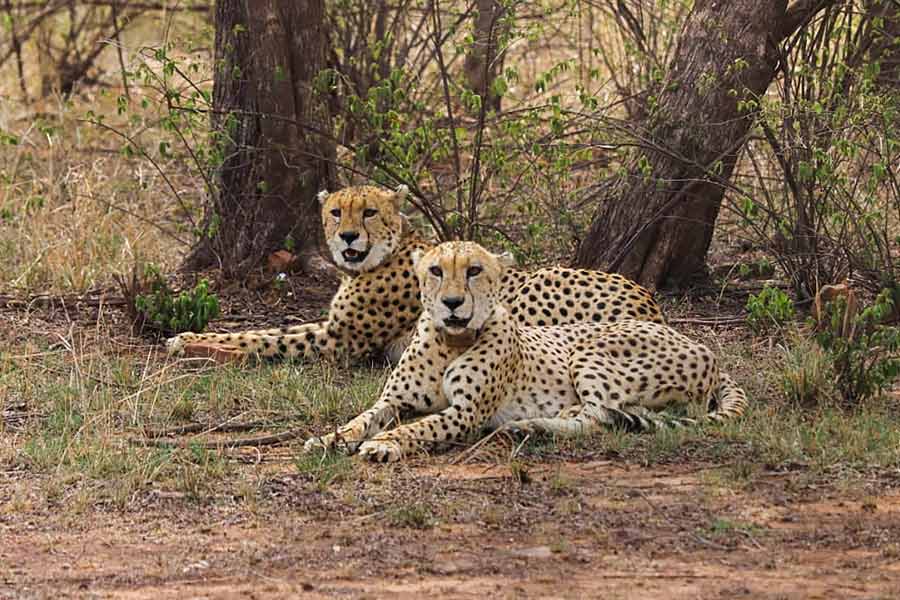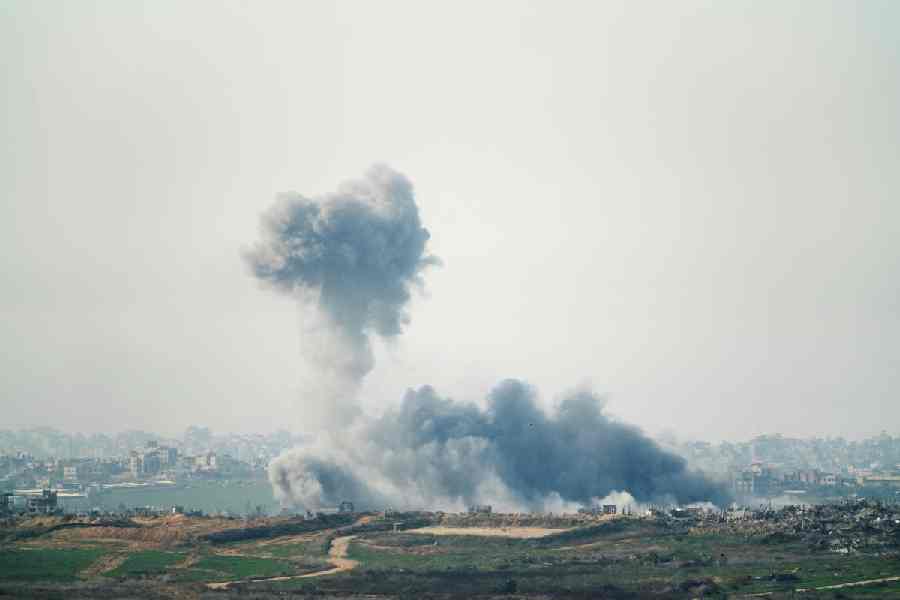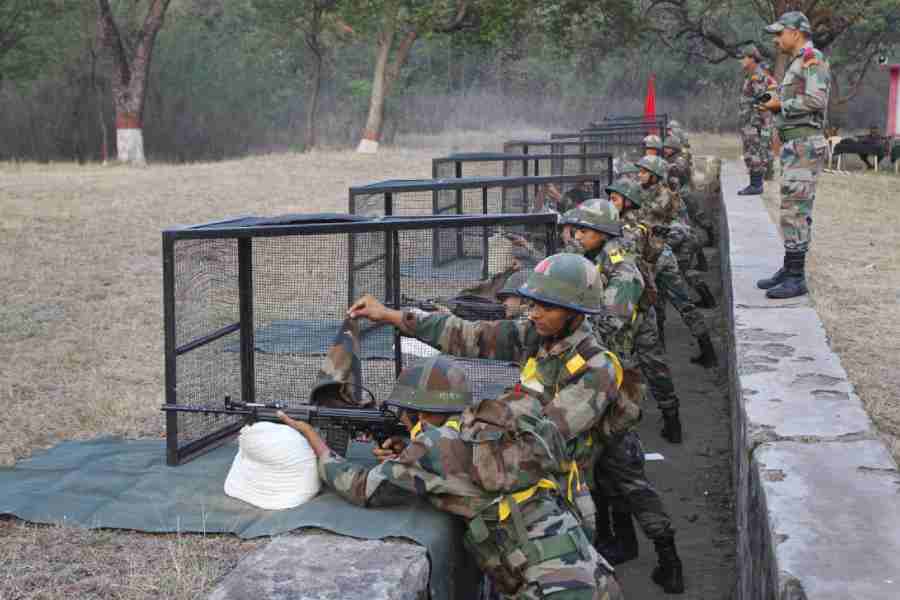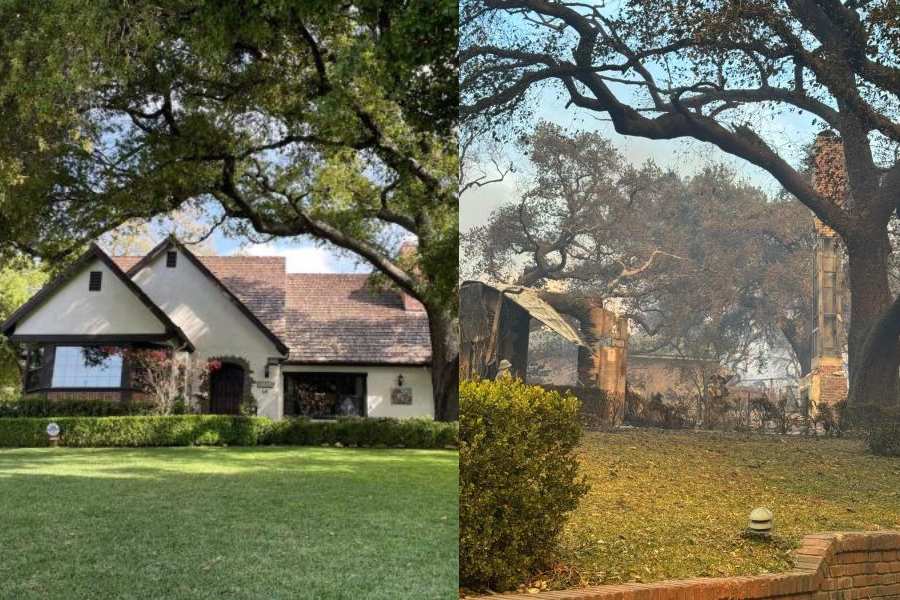After three cheetahs died in just over a month last year in Madhya Pradesh's Kuno National Park, the National Tiger Conservation Authority in May 2023 called in experts from Reliance's wildlife facility in Gujarat to review health monitoring protocols, official records show.
The National Tiger Conservation Authority's (NTCA) Assistant Inspector General of Forests Abhishek Kumar wrote to the CEO of Reliance Industries' Jamnagar-based Greens Zoological Rescue and Rehabilitation Centre (GZRRC) on May 11, 2023, requesting that a team of experts be sent to Kuno to "review health monitoring protocols" and provide advice to "ensure the welfare of the cheetahs" following the deaths of three cheetahs between March 27 and May 9.
Kumar's letter said Project Cheetah was the first intercontinental reintroduction of a wild, large carnivore species with "no comparable historical precedent" and it was not surprising that a project of such a "magnitude and complexity would face many challenges".
"Due to careful planning and execution, all 20 cheetahs survived the initial capture, quarantine and lengthy transport to the purpose-built quarantine and larger acclimatisation enclosure in Kuno. We are given to understand that Greens Zoological Rescue and Rehabilitation Centre has expert veterinarians who are handling a substantial number of cheetahs in captivity," read the letter, seen by PTI.
GZRRC director Brij Kishor Gupta wrote back on May 24, 2023, saying a four-member team would visit Kuno on May 25-26.
The team included "senior veterinary officers" Jorge Francisco Soares and Nitin Yashwant Tambe, lab in-charge Mandeep and Gupta himself.
In response to PTI's question via email, Gupta said, "The National Tiger Conservation Authority requested GZRRC last year to assess the healthcare protocols of cheetahs being followed at Kuno, we sent our team of experts veterinarians and (the) director and found that they are following the right protocol for health care management of cheetahs." GZRRC experts visited Kuno only once, Gupta said but gave no clear answer on whether they were providing any guidance or support to the project at present.
Gupta added that all forms of interaction, engagement and knowledge exchange conducted by the GZRRC with government and non-government entities in the fields of animal welfare, research and conservation were carried out "strictly on a non-commercial basis".
As part of the first ever intercontinental translocation of big cats, a total of 20 cheetahs -- eight from Namibia in September 2022 and 12 from South Africa in February 2023 -- were brought to Kuno.
Since their arrival, eight adult cheetahs -- three female and five male -- have died. Seventeen cubs have been born in India, with 12 surviving. This brings the total number of cheetahs, including cubs, in Kuno to 24, all of which are currently in enclosures.
Three cheetahs -- one male and two female -- died between March 27 and May 9, 2023.
According to Project Cheetah's annual report for 2023-24, Namibian female cheetah Sasha died due to "chronic renal insufficiency" on March 27, 2023, becoming the first mortality in the project.
"Sasha developed kidney problems after her arrival and received continuous care for two months but, unfortunately, she did not respond positively to the treatment and passed away," the annual report says.
South African male cheetah Uday "suddenly died" on April 23, 2023, within the larger acclimatisation enclosure "without displaying any prior symptoms". South African female cheetah Daksha died on May 9, 2023, due to injuries from a violent encounter with a male coalition during a mating attempt, according to the report.
The GZRRC experts' visit was immediately preceded by the death of three cubs born to Namibian cheetah Jwala between May 23 and May 25 due to extreme heat.
Bhopal-based wildlife activist Ajay Dubey questioned the need to involve GZRRC in the project when "top wildlife experts from the NTCA, Wildlife Institute of India, South Africa, and Namibia are already part of it".
"The government even sent staff from the Madhya Pradesh wildlife department for training in cheetah management in South Africa and Namibia. What did they learn?" he asked.
"And even if you have approached GZRRC, why keep it a secret? There is no mention of the support sought from Reliance Industries' wildlife facility in the annual report of Project Cheetah," he added.
The minutes of the Cheetah Project Monitoring Committee meetings, obtained by PTI through an RTI application, also do not mention this involvement.
Besides wildlife experts from NTCA, the Wildlife Institute of India and other government facilities, Kuno currently has a dedicated team of four veterinarians for Project Cheetah.
It has also received veterinary support and guidance from wildlife veterinarians in South Africa and Namibia, including Adrian Tordiffe, hospital director at Onderstepoort Veterinary College, South Africa; Mike Toft from Kifaru Wildlife Veterinary Services, South Africa; Andy Fraser from Rooiberg Veterinary Services, South Africa; and Ana Basto from the Cheetah Conservation Fund, Namibia.
GZRRC director Gupta told PTI that they had more than 40 cheetahs rescued from different captive facilities.
All the cheetahs are captive born in the country of origin of the captive facility. There have been "no mortalities of cheetahs at GZRRC till date" and all the animals are all "faring very well", he said.
Gupta said they had "some of the best veterinarians in wildlife health management".
He said the cheetah project had been "doing very well". "It has been noted that birth of several cubs has taken place on Indian soil and the survival rate is good in comparison to similar projects in other parts of the world." When asked about the challenges of cheetah management based on their experience, Gupta said, "GZRRC specialises in the study, management, care and research of cheetahs within captive environments. The primary focus areas for cheetahs in captivity include veterinary care, nutrition, housing, exercise and enrichment. GZRRC has successfully established optimal standards across all these domains." He emphasised that "the operation and management of a captive programme differ significantly from those of a re-wilding programme".
The Central Zoo Authority (CZA) granted approval for the setting up of GZRRC on February 14, 2019, and accorded it recognition on August 17, 2020.
According to its 2023-24 annual report submitted to the CZA, new facilities such as Rescue Centre for Herbivores, Asiatic Lion Care, Medical Research and Hospital, Cheetah Conservation and Research Centre, Vulture Conservation Breeding Centre and multi-specialty hospital were added to GZRRC in 2023-24.
Except for the headline, this story has not been edited by The Telegraph Online staff and has been published from a syndicated feed.










